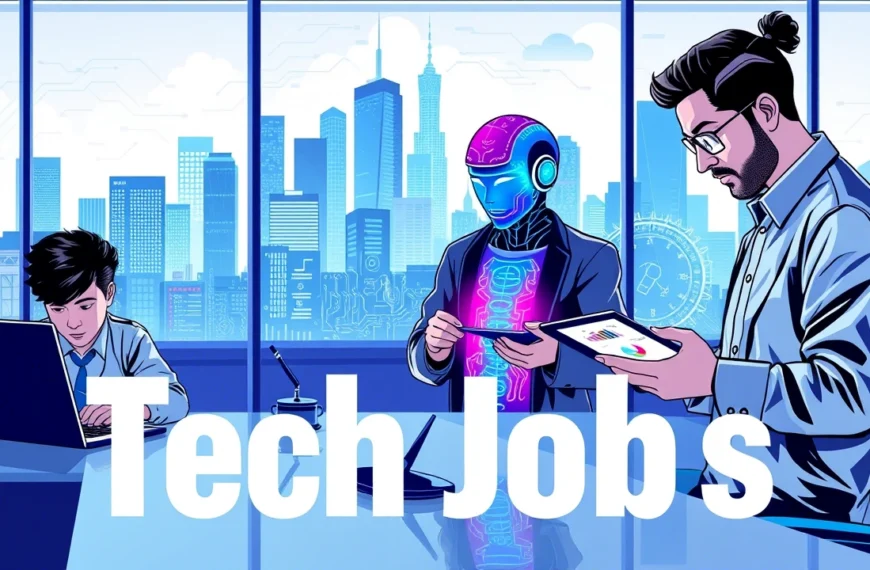When you think about the modern internet, few companies have had as much impact as Cisco Systems. Founded in 1984, Cisco transformed how people and businesses connect by creating networking hardware that enabled the rise of the internet. From humble academic beginnings to becoming a $225.60 billion tech giant, Cisco’s story is one of vision, persistence, and continuous innovation. Let’s dive into its journey, founders, 2025 financials, career opportunities, and future outlook.
The Birth of Cisco Systems
Cisco wasn’t born in Silicon Valley in a flashy garage it started on the campus of Stanford University. In 1984, two ambitious computer scientists, Leonard Bosack and Sandy Lerner, worked on a way to connect different computer systems across the campus. Back then, computers operated in isolated silos, unable to communicate effectively.
Using their technical skills and access to Stanford’s systems, Bosack and Lerner built the first multiprotocol router, a device that allowed various computer networks to talk to each other. This was a game-changing invention—one that laid the foundation for today’s globally connected internet.
Interestingly, the name “Cisco” was taken from San Francisco, and the company’s logo is inspired by the Golden Gate Bridge, symbolizing connectivity.
But success wasn’t without drama. Due to a dispute with Stanford over intellectual property rights, Bosack and Lerner eventually resigned. In 1990, Cisco went public, raising $224 million, and just ten years later, it was the most valuable company in the world, briefly surpassing Microsoft during the dot-com boom.
Meet the Visionary Founders
Let’s take a closer look at the minds that launched one of the world’s most influential tech companies.
Leonard Bosack
The technical genius behind Cisco’s early hardware and software. He adapted Stanford’s internal router system called the “Blue Box” into the first commercial router, which became the base for Cisco IOS, the operating system used in Cisco routers today.
Sandy Lerner
The strategic co-founder who supported the technical development and laid the business groundwork. She was the Director of Computer Facilities at Stanford’s Graduate School of Business and was instrumental in Cisco’s early organizational structure.
Kirk Lougheed
Though less recognized, Lougheed played a pivotal engineering role. He worked alongside Bosack on refining and scaling the original router system.
Together, this team launched a company that would change the face of digital communications forever.
Cisco’s Financial Highlights in 2025
Fast-forward to today, and Cisco remains a financial powerhouse in the tech industry, even in a shifting digital landscape.
Fiscal Highlights:
- Annual Revenue (2024): $53.803 billion
- Q1 Revenue (2025): $13.991 billion (up 9.38% YoY)
- Net Income (TTM): $9.187 billion (down 31.65% YoY)
- Market Capitalization: $225.60 billion
- Annualized Recurring Revenue (ARR): $29.6 billion (up 22%)
The decline in net income reflects the competitive and evolving tech landscape, but Cisco’s recurring revenue growth from subscriptions and software solutions, especially after the acquisition of Splunk, shows its strong pivot toward future-ready business models.
🔗 Cisco Press Release: Acquisition of Splunk
Careers at Cisco: Opportunities & Salaries
Want to work at Cisco? You’re not alone. With innovation at its core, Cisco offers a wide variety of high-paying, future-proof careers across engineering, cybersecurity, analytics, and more.
Top Roles and Average Salaries (2025 Estimates)
| Job Title | Avg. Salary (USD) | Role Description |
|---|---|---|
| Software Engineer | $120K–$150K | Develops network software and cloud platforms |
| Cybersecurity Specialist | $130K–$160K | Secures networks using tools like Duo Security |
| Network Engineer | $100K–$140K | Maintains enterprise routing infrastructure |
| Data Analyst | $90K–$120K | Analyzes systems for performance optimization |
| Product Manager | $140K–$180K | Oversees innovation on platforms like Webex |
| Sales Engineer | $110K–$150K | Connects client needs with Cisco solutions |
Cisco also offers its Cisco Career Certification Program, supporting over 600,000 professionals globally making it one of the most recognized programs in the IT world.
Innovation That Shaped the Internet
Cisco is responsible for much more than routers and switches. Over the years, it has expanded into:
- Cybersecurity: With Duo Security and OpenDNS, Cisco provides layered threat protection.
- Collaboration: Webex and Jabber offer enterprise-grade communication tools.
- Cloud Services: Enabling hybrid cloud setups for digital transformation.
- IoT: Platforms like Jasper help manage connected devices across industries.
- Observability: Tools like AppDynamics and Splunk deliver deep analytics into system performance.
Cisco’s acquisition strategy has been smart and aggressive, with over 200 companies acquired since 1984, ensuring it stays ahead in innovation.
What’s Next for Cisco?
Cisco isn’t resting on its laurels. The company is betting big on:
- 5G & IoT: Expanding network capabilities for connected cities and devices.
- AI & Automation: Embedding AI into its platforms to improve efficiency and security.
- Cloud-first Strategy: Supporting hybrid work and remote-first companies.
- Sustainability: Designing eco-friendly products and reducing its carbon footprint.
That said, Cisco has faced criticism for focusing more on stock buybacks than on R&D—a strategy that might hinder its long-term ability to compete with innovation-driven rivals like Huawei.
Final Thoughts
From a two-person operation at Stanford to a global tech titan, Cisco’s journey is nothing short of inspiring. Whether you’re interested in tech careers, following financial markets, or simply fascinated by how the internet works, Cisco’s story offers a bit of everything—innovation, disruption, success, and legacy.
In 2025, Cisco stands as a company that has shaped the digital world—and is still pushing the boundaries of what’s next.
FAQs :
1. When was Cisco founded?
1984, by Leonard Bosack and Sandy Lerner at Stanford University.
2. What is Cisco’s 2025 net worth?
Cisco’s market capitalization is $225.60 billion
3. What career paths are popular at Cisco?
Software engineers, cybersecurity specialists, and network engineers top the list.
4. What’s Cisco’s primary focus today?
5G, AI, hybrid cloud, cybersecurity, and sustainability.
5. Where can I apply for a job at Cisco?
Visit www.cisco.com/careers for open positions.














Leave a Reply